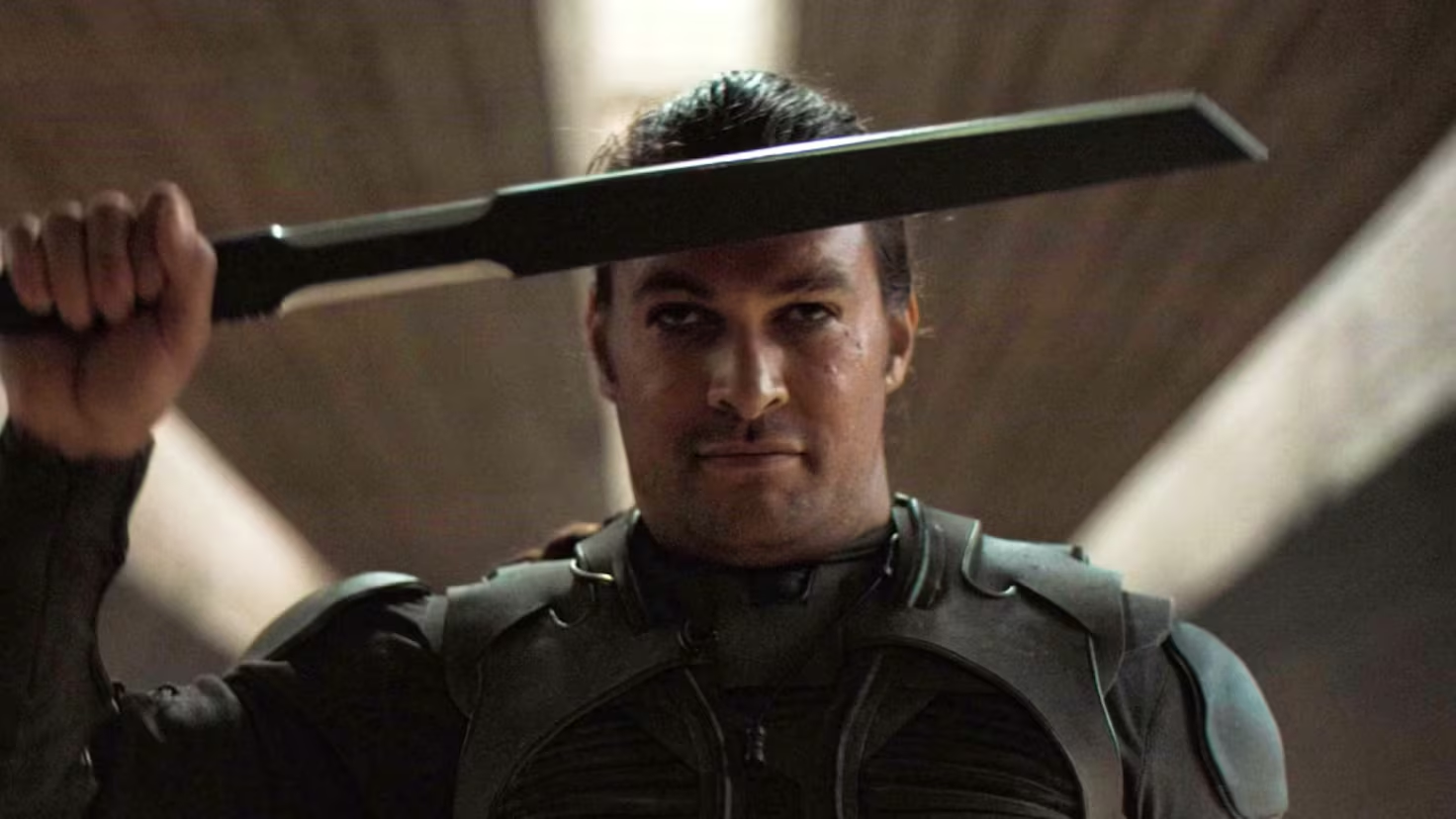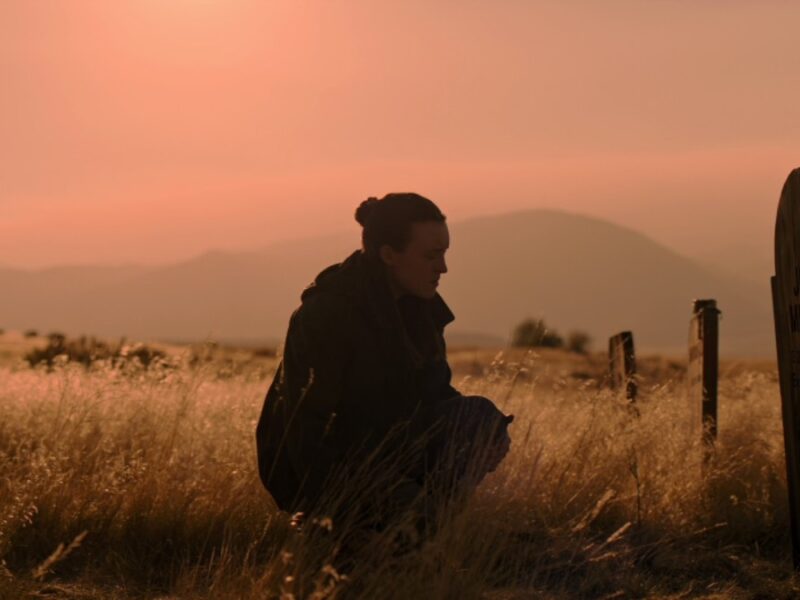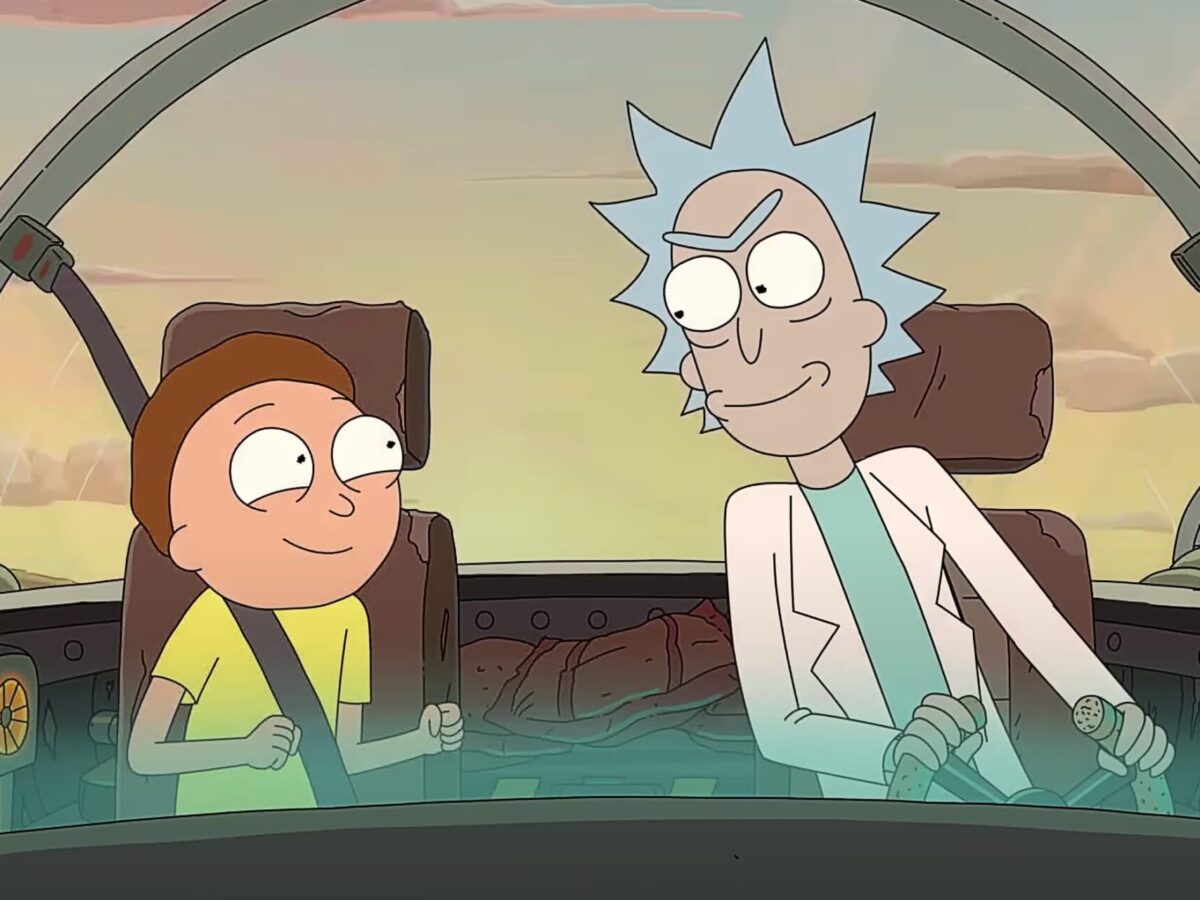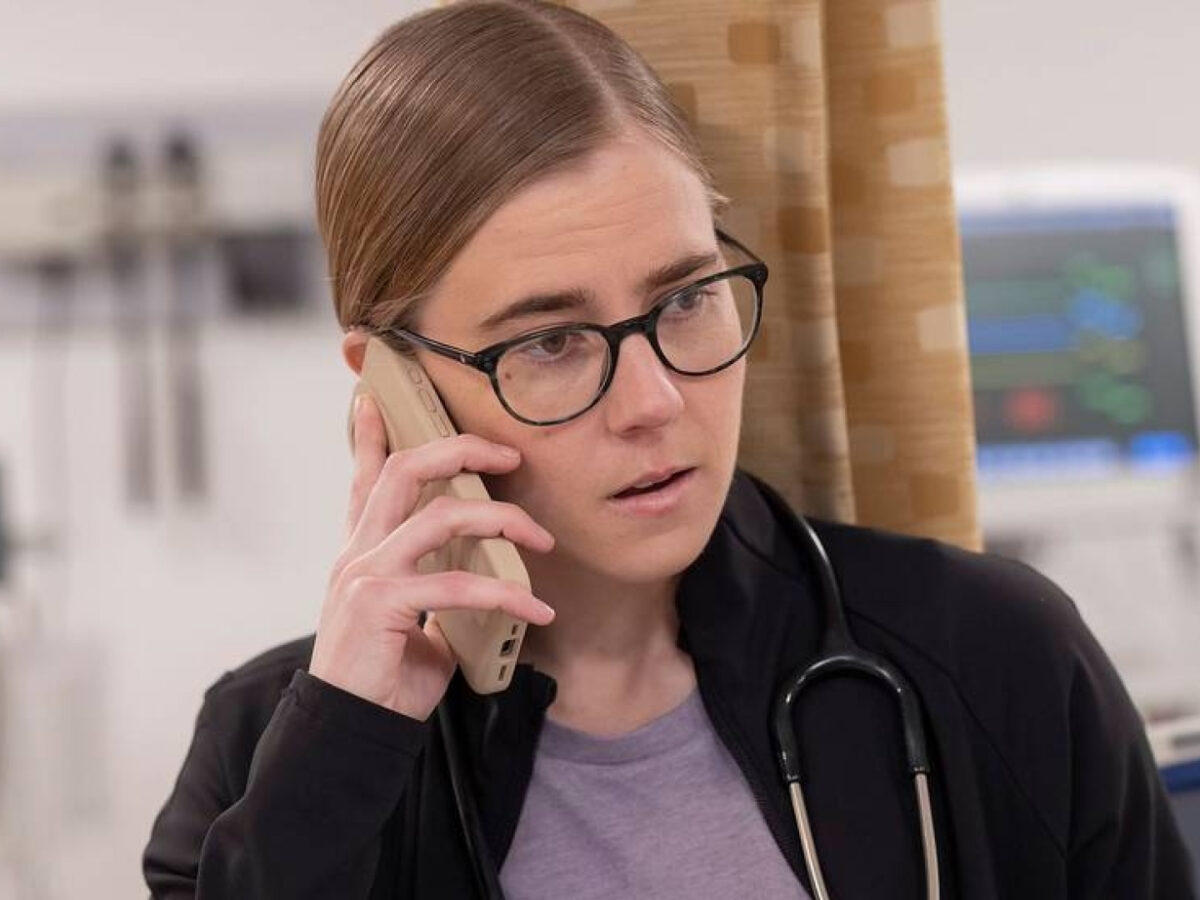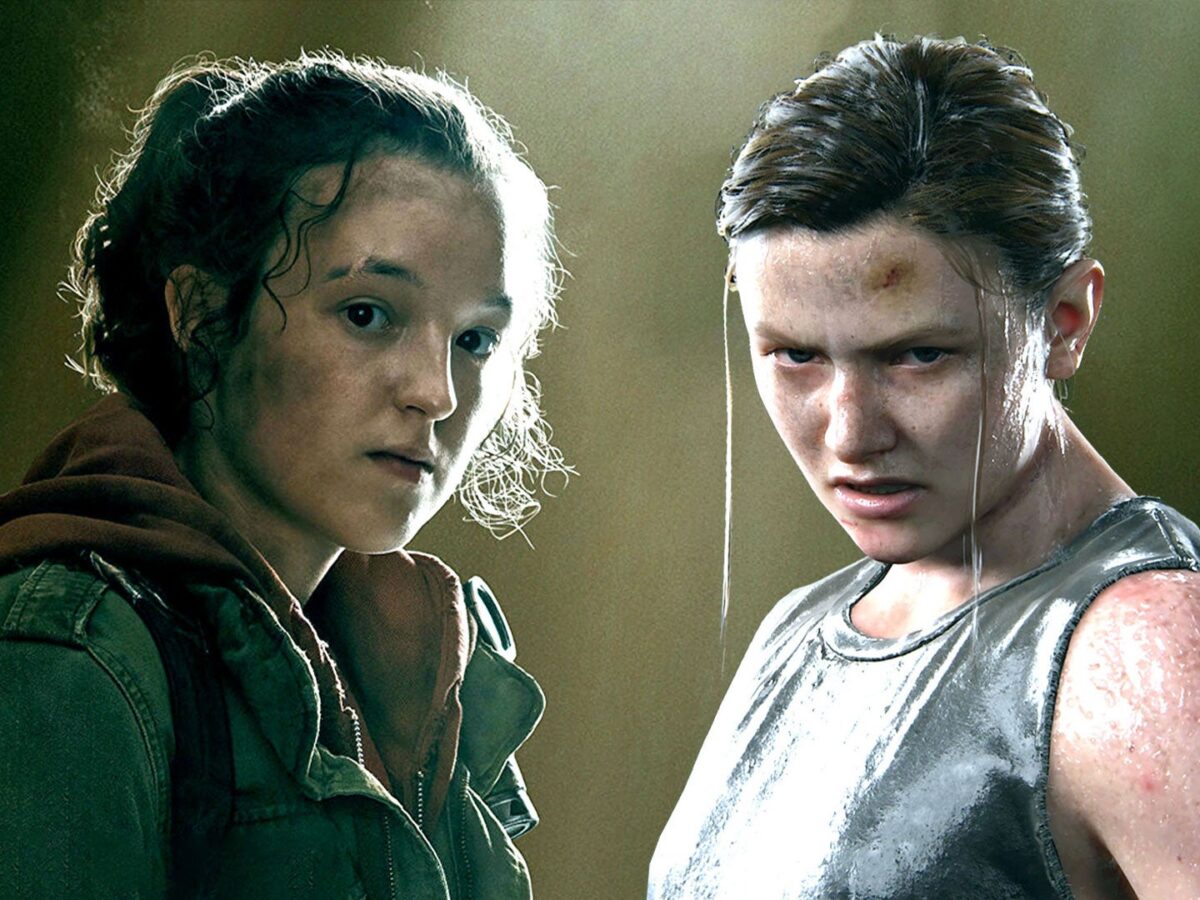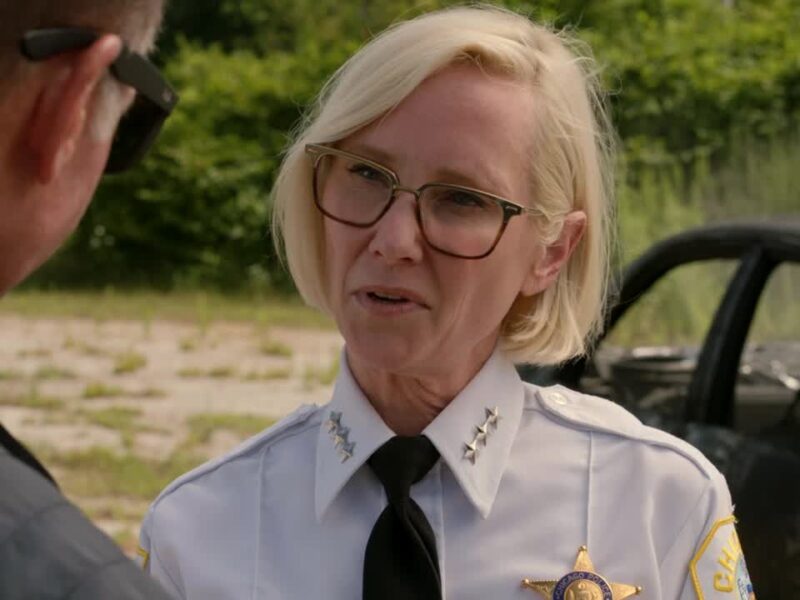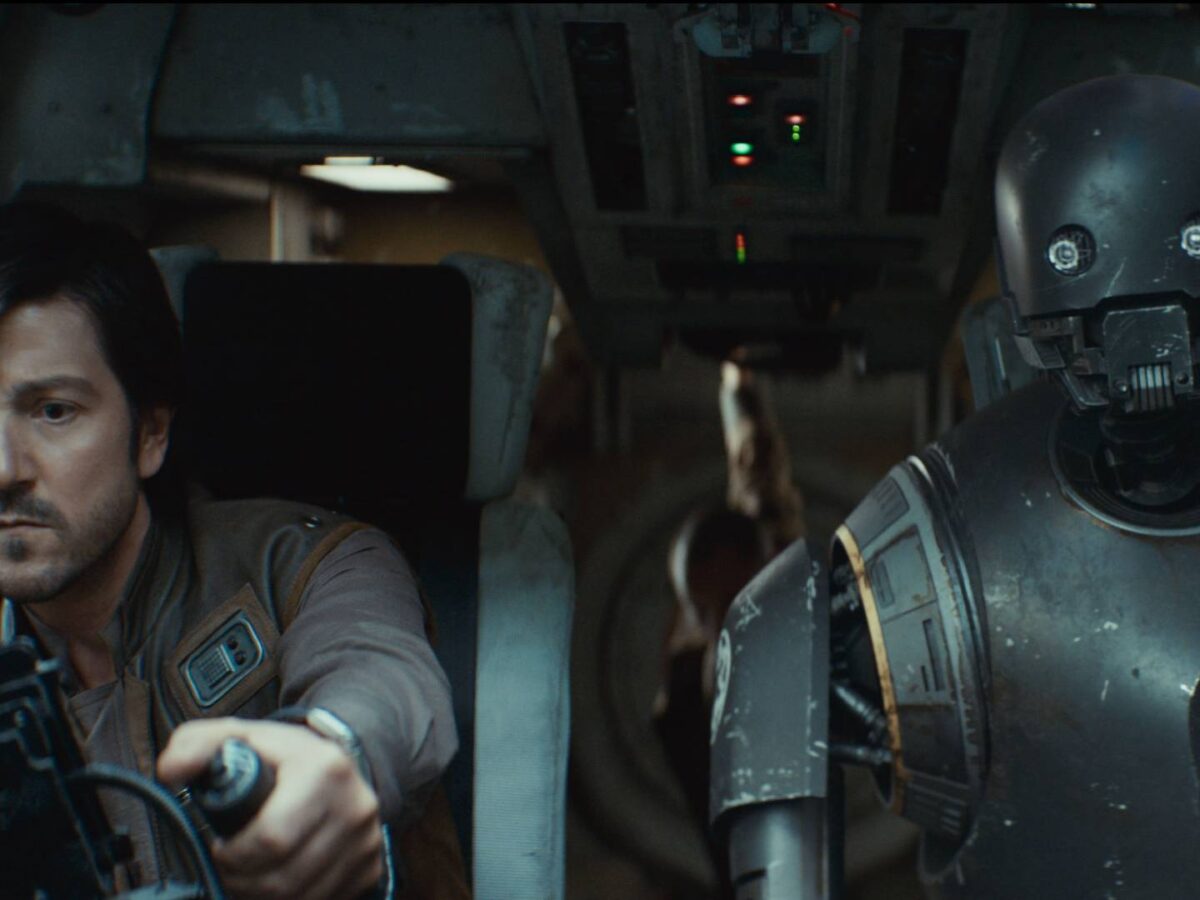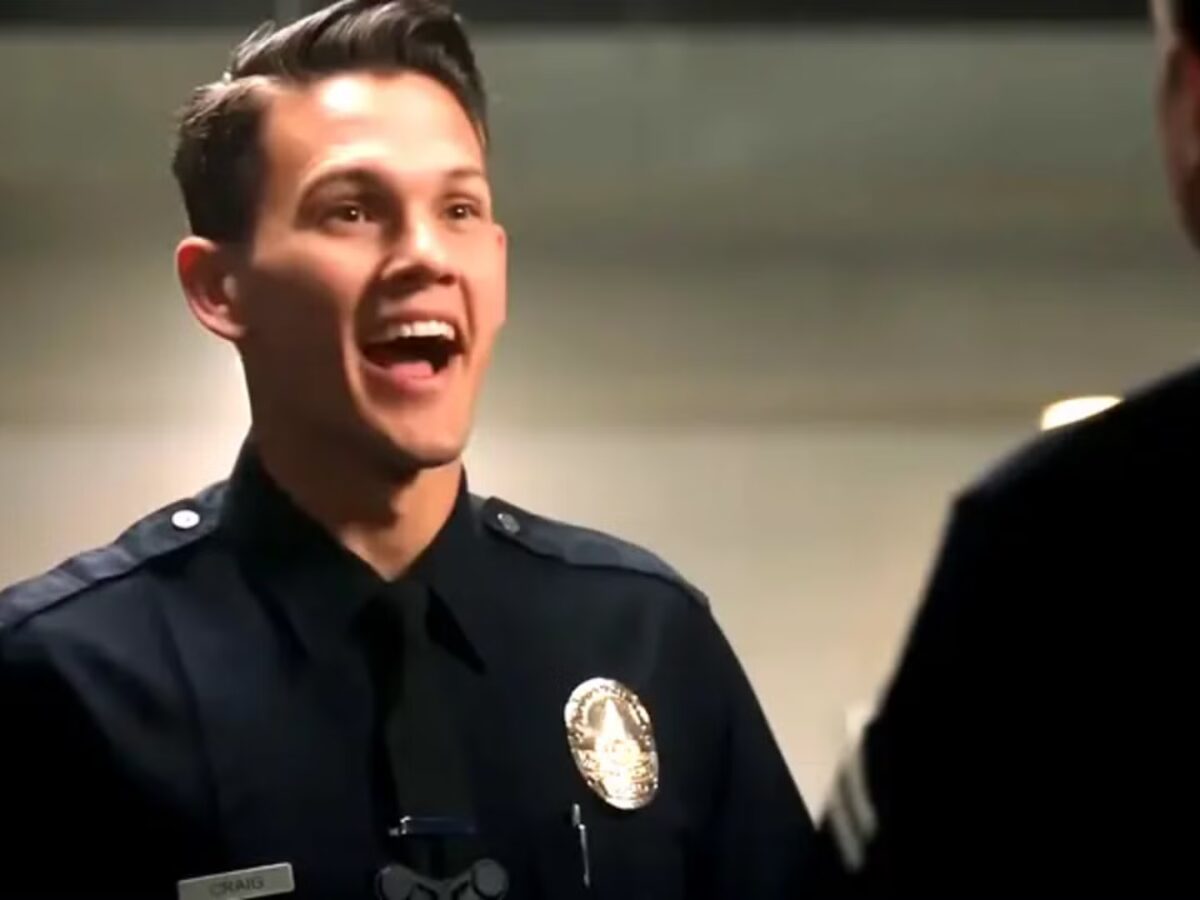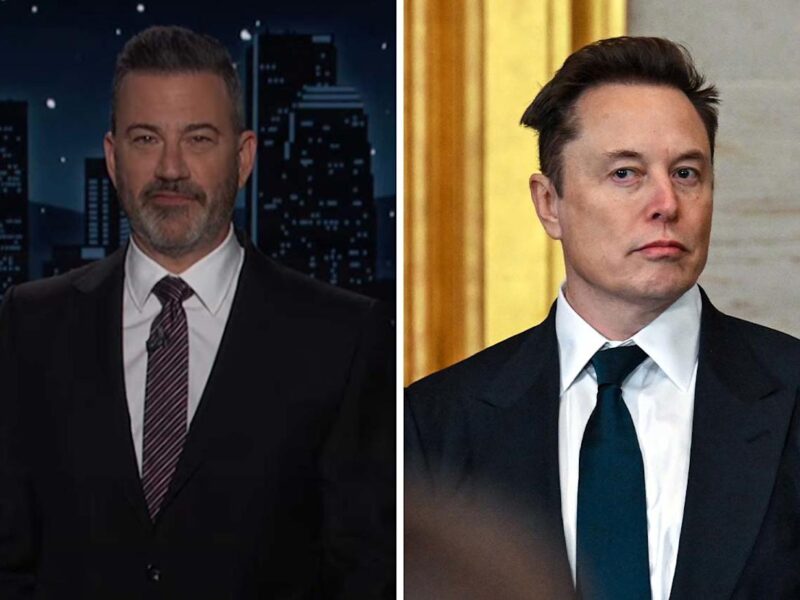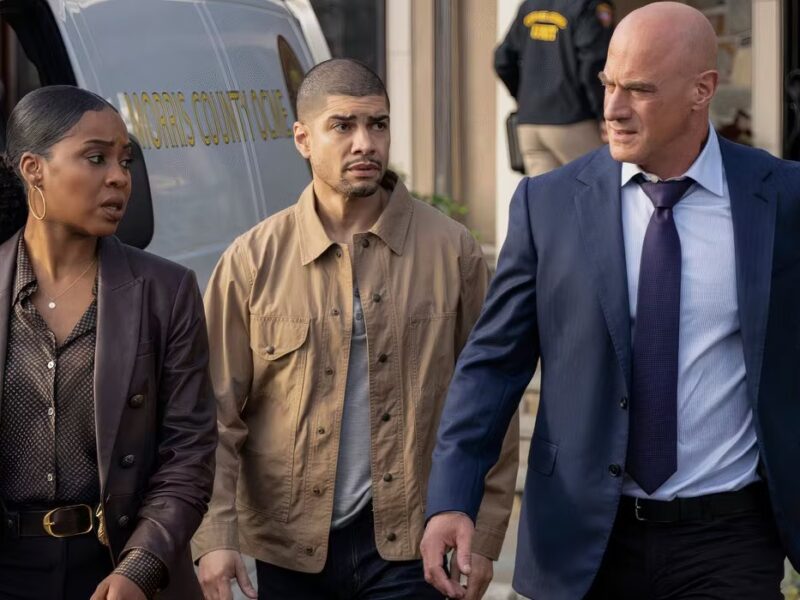After the desert dust settled in Dune: Part Two, many fans assumed they’d seen the last of Duncan Idaho, the fiercely loyal swordmaster of House Atreides portrayed by Jason Momoa. But in a bold revelation during a press interview with Today, the actor broke the silence on his character’s fate: “I’m making a comeback. You heard it first, right here with you, baby.”
Yes, Momoa is officially returning for Dune: Part Three, reigniting interest in a saga that’s already redefined what sci-fi can achieve on screen. As the epic journey prepares to adapt Dune Messiah, the second novel in Frank Herbert’s seminal series, Momoa’s reappearance signals a faithful—yet surprising—turn for the cinematic universe crafted by Denis Villeneuve.
The Resurrection of Duncan Idaho: More Than a Cameo
While Duncan Idaho’s sacrifice in Dune (2021) was one of the emotional high points of the film, his story doesn’t end there—at least not in the books. In Dune Messiah, Herbert introduces a twist that hardcore fans have long anticipated: Duncan’s resurrection as a ghola, a cloned version of himself created by the Tleilaxu, a secretive and morally ambiguous faction.
This scientific rebirth gives Duncan a complex new arc, challenging his sense of identity, loyalty, and memory. In light of Momoa’s bombshell, it’s likely the third film will delve into this transformation. According to Today, the actor’s enthusiasm for the role hasn’t waned, and his comeback hints at a faithful adaptation of the darker, more introspective tone of Dune Messiah.
Villeneuve, who confirmed the development of Dune: Part Three earlier this year, appears committed to closing the trilogy with depth and integrity. As reported by Screen Rant, the director aims for this to be his final contribution to the franchise. That decision might serve to ensure that the story of Paul Atreides and those around him concludes with the gravitas it deserves.
From Hero to Ghola: Why Duncan’s Return Matters
Duncan Idaho’s return isn’t just a crowd-pleasing twist—it’s a linchpin in the thematic evolution of the Dune narrative. His transformation into a ghola plays directly into the existential questions that Herbert explores: Can a person remain the same after death? What defines memory, soul, and purpose?
Momoa’s interpretation of Duncan has been lauded for its emotional depth, mixing warrior spirit with paternal warmth. Bringing him back, especially in such a layered role, could add a new level of resonance to Villeneuve’s vision. As Screen Rant highlights, it’s unclear how closely the film will follow the book’s events, but Momoa’s confirmed presence elevates expectations.
What makes this especially exciting for book readers is the possibility of introducing characters and concepts not yet seen on screen. The ghola subplot opens doors to explore Tleilaxu technology, deeper Bene Gesserit manipulations, and the philosophical consequences of absolute power—core themes of Dune Messiah.
A Message to the Uninitiated: “If You Didn’t Read The Books, It’s Not My Fault”
Momoa didn’t hold back when addressing casual viewers unfamiliar with the source material. In a playful yet pointed tone, he remarked, “If you didn’t read the books, it’s not my fault.” That line speaks volumes: the upcoming film might lean more heavily on the lore-rich intricacies of Herbert’s universe.
For Villeneuve, this is an opportunity to honor long-time fans without alienating newcomers. And for Momoa, it’s a chance to stretch his performance into philosophical territory while still wielding a blade with commanding presence. As the saga transitions from war epic to psychological drama, Duncan’s return may well be the emotional anchor audiences didn’t know they needed.
With filming set to begin later this year, anticipation is already mounting. Will Dune: Part Three stick the landing and secure its place as one of the great sci-fi trilogies of cinema?
